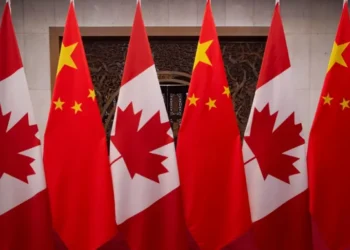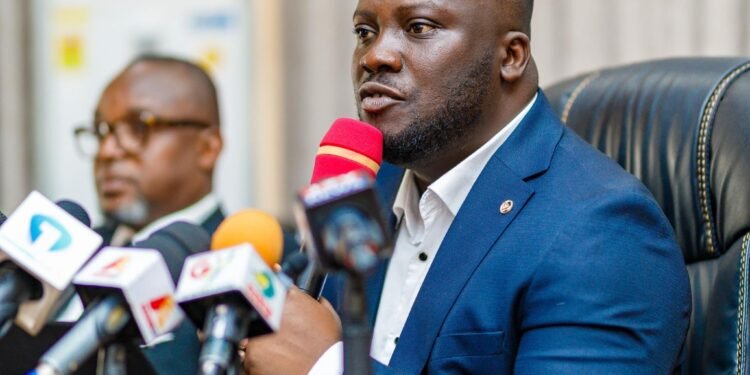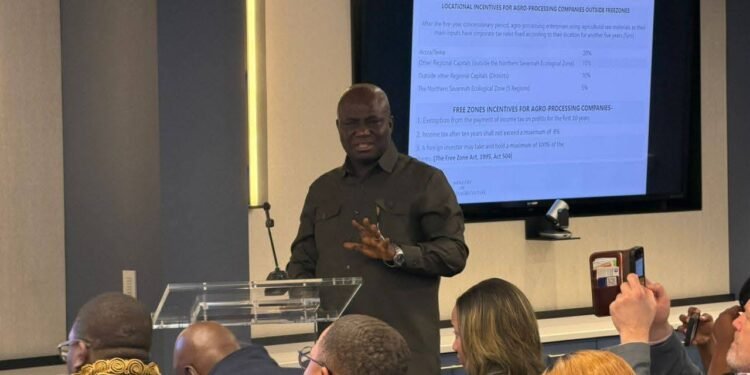The South Korean government has warned thousands of striking doctors to return to work immediately or face legal action.
This came as South Korean trainee doctors collectively walked off their jobs on Tuesday, February 20, 2024, to protest a government push to recruit more medical students.
The bone of contention is government’s bid to increase the nationwide medical school admissions limit by 2,000 from next year to brace for South Korea’s rapidly aging population.
The government says it aims to add up to 10,000 doctors by 2035 to address what it calls a shortage of doctors exacerbated by the country’s fast-aging population.
Doctors’ groups have refuted the plan, saying that universities are not ready to offer quality education to that many students.
They also argued the government’s plan would lead to increased public medical expenses.
The Korean Intern Residents Association called the 2,000 additional admissions “is a nonsensical figure.”
Interior and Safety Minister, Lee Sang-min told a news conference that an official order for striking doctors has been issued, adding that a “collective action holding the lives and safety of the people cannot be justified for whatever reason.”
He said that the government will sternly deal with the doctors’ walkouts in line with the medical law and other regulations.
South Korea’s medical law allows the government to issue such back-to-work orders to doctors and other medical personnel when there are grave concerns about public health.
If they refuse to abide by the order, they could face up to three years in prison or 30 million won ($22,480) in fines, a punishment that would also lead to the revocation of their medical licenses.
The doctors’ protests have failed to generate public support, with a survey suggesting about 75% of South Koreans support the government’s push to train more doctors.
Their critics argue that doctors are mainly worried their incomes would drop if there were more doctors.
Justice Minister, Park Sung-jae accused some doctors of seeking to protect “their vested interests.”
He said that if they refuse to return to work, authorities will file charges and arrest their leaders.
Doctors’ Walkout Called A Violation Of South Korean Law
Seoul’s Second Vice Health Minister, Park Min-soo stated that the doctors’ walkout was a violation of South Korean law, as medical workers cannot refuse so-called return to work orders “without justifiable grounds.”
He revealed that 7,813 trainee doctors had not shown up for work — an almost five-fold increase from the first day of the action.
“The basic calling of medical professionals is to protect the health and lives of the people, and any group action that threatens this cannot be justified,” Park said.
The Health Ministry said that authorities have received 58 public complaints over the walkouts, mostly regarding indefinite delays of surgeries and cancellations of other medical treatments.
South Korea’s general hospitals rely heavily on trainees for emergency operations and surgeries.
According to local reports, cancer patients and expectant mothers needing C-sections had seen procedures cancelled or delayed, with scores of cases causing “damage.”
A brain cancer patient in his 50s from Daegu said that his chemotherapy had been postponed without clear future dates due to the current situation, even though the cancer has spread to his lungs and liver.
“It’s absurd. In the midst of the conflict between the government and doctors, what can powerless patients say? It feels like a betrayal,” the cancer patient told reporters.
To deal with the trainee doctors’ walkouts, the government has opened military hospitals to the public, extended the operating hours of public medical institutions and had emergency medical treatment centers stay open around the clock.
However, observers claim that if the walkouts are prolonged or joined by senior doctors, that could cause major disruptions in South Korea’s overall medical service.
READ ALSO: The Thorn in the UN Security Council’s Flesh























